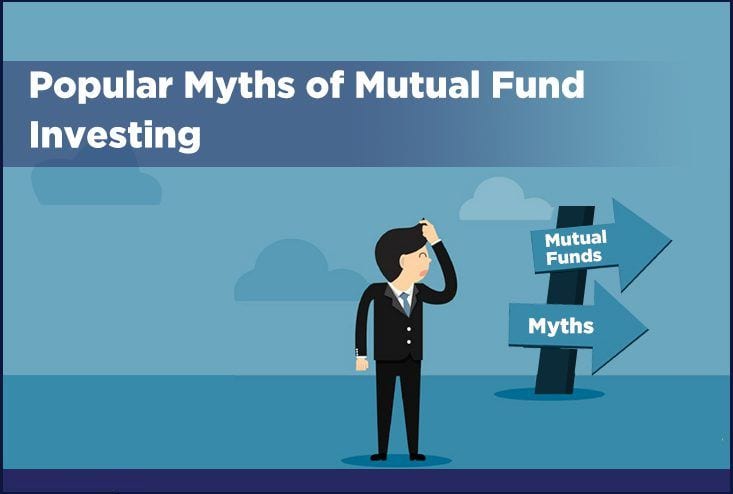1. Make your child understand the difference between needs and luxuries
Children need to understand that they can still go on without cool gadgets, designer accessories but not without essentials like ‘Roti, Kapda aur Makaan’. Hence they have to prioritise accordingly. Sit with your child and help him prioritize according to needs and luxury. Once this concept is clear your child will transform into a better decision maker.
2. Set a goal for your child and help him achieve this through a budget
Goal setting is easy enough in today’s materialistic word. Sports equipment, a gadget or an item of clothing, motivate your child by setting a goal and encourage him to earn this through household and other chores. Make him draw up a budget from what he earns every week and show him how to save from this. Definitely reward him with something extra (besides his goal) the first couple of times, so that he is geared up and excited about the next goal and starts planning – the secret mantra to financial happiness. This will also help your child become competitive in life and be focussed on goals.
3. Understand your child’s money personality
He could be a spender by nature. If so, you can guide him early on to curb this by encouraging him to not keep too much cash and ensuring that it is not easily accessible. If he keeps borrowing money from his friends then this could be a warning signal. Later on he could get into a debt trap. You can counsel him and also understand the source of his needs.
4. Involve your child in day to day financial activities
Entrust him with the responsibilities of paying bills i.e. going to the collection centres and paying the bills through cash or dropping a cheque. If he is not old enough than at least take him along when you are doing this exercise. It is a good way for him to learn that life is not just an ATM machine, you got to pay as well!
5. Open a bank account for your child and make him operate it
Buy your kid a piggy bank when he/she is very small and encourage saving for achieving his little goals. Open a bank account when he grows up. This the best way for him to understand how money grows, what interest is and how financial institution like banks work. You should opt for a joint account as it will give you the ability to oversee what your kid is doing. Step in whenever you think that he/she is going off track and try to rectify the situation by helping him with basic financial concepts mentioned above.
Use this Children’s Day as an opportunity to gift financial literacy to your child. In the long run this will be more valuable than anything else.








